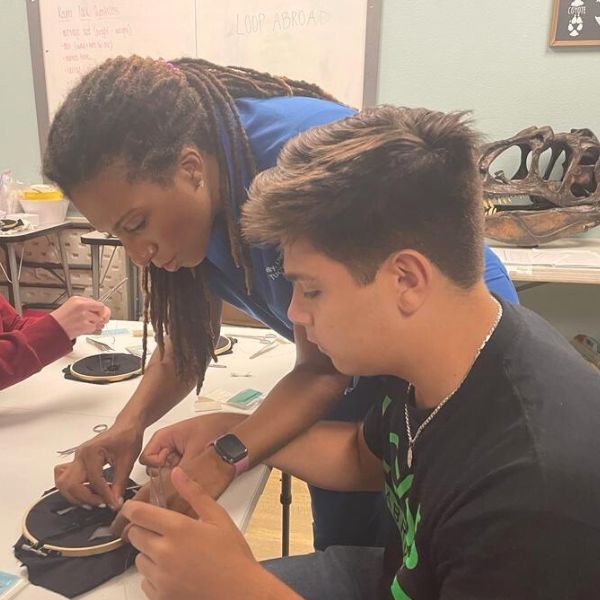
Table of Contents
If you love animals and have a dream of becoming a vet, you’re probably wondering how to get into vet school. It might seem like a big challenge, but with the right advice and preparation, your chances of getting into veterinary school can significantly improve. In this guide, we’ll break down the process of getting into vet school into easy-to-understand steps, from knowing what’s required to preparing for interviews. This guide is perfect for high school students who are considering a career in veterinary medicine or those who are thinking about a career change later in life—we’ve got plenty of tips to help you on your journey towards a successful career in veterinary medicine.
What Do You Need to Get into Vet School?
Before you can start your journey to becoming a vet, you need to understand the requirements to get into vet school. Meeting these requirements can increase your chances of getting accepted and set you on the right path to becoming a successful vet.
Courses you need to take: Veterinary schools usually require you to complete certain courses before you apply. These often include subjects like biology, chemistry, physics, and/or math. Remember to check the specific requirements of your desired schools and consider taking advanced high school or college classes to strengthen your application.
GPA requirements: Along with the necessary courses, most vet schools have minimum GPA requirements. While these can vary, you’re generally expected to have strong grades, especially in related fields like science. Maintaining a high GPA throughout high school and college is key to showing your dedication to the field.
Extracurricular activities: Veterinary schools appreciate applicants who have involved themselves in activities related to veterinary medicine. This could be volunteering at animal shelters, working at a vet clinic, or joining an animal welfare organization. These activities not only show your passion for the field, but also help you gain practical experience.
How to Prepare Your Vet School Application
Applying for vet school involves several important components, much like applying to any college. When preparing to begin the application process, give yourself a leg up by compiling the necessary materials in advance:
Personal statement: This is your chance to tell the admissions committee about your passion for veterinary medicine and why you’ll make a great vet. You should spend time reflecting on your experiences and goals, and craft a statement that highlights your dedication to the field.
Letters of recommendation: These should come from people who know you well and can speak to your abilities and commitment. This could be a teacher, a veterinarian you’ve worked with, or an employer. Make sure to give them plenty of time to write the letters! At least one month is preferable.
Preparing for the Veterinary College Admission Test (VCAT): The VCAT is a standardized test that checks your knowledge and skills in various areas of veterinary medicine. To prepare for the exam, you might want to consider enrolling in a test prep course or using study resources such as practice exams and review books. Make sure you dedicate enough time to studying!
How to Get Relevant, Hands-On Experience
Getting into veterinary school isn’t just about having good grades. Your dedication to caring for animals should be demonstrated through your own practical experience in the field. Here are some ways you can gain that experience:
Volunteer at an animal shelter or clinic. This will give you the chance to work directly with animals and learn from experienced professionals.
Look for internships or shadowing opportunities at vet clinics or hospitals. This can give you a firsthand look at the daily life of a vet.
Participate in research or animal-related projects. These can help you develop important skills and learn about new developments in veterinary medicine.
Veterinary Academy programs can help you earn valuable, hands-on experience with animals. You can even earn up to 60 veterinary hours to include with your vet school application!
Picking the Right Vet School
Choosing the right vet school is a big decision and an important step towards achieving your dream of becoming a vet. Here’s what you should think about:
Looking into accredited programs. Make sure you look into vet schools that are accredited by the relevant regulatory bodies. This ensures that the program meets certain standards and will prepare you for a successful career as a vet.
Considering location and cost. The location and cost of the vet school are practical considerations that can have a big impact on your experience. Think about whether you’d prefer to study close to home or are open to exploring new places. Also, consider the cost of tuition, living expenses, and the availability of scholarships or financial aid.
Evaluating specific program offerings. Each vet school may have unique offerings and areas of specialization. Think about your interests and career goals to find a program that suits you. Look into the curriculum, faculty expertise, research opportunities, and any specialized tracks or concentrations that might interest you.